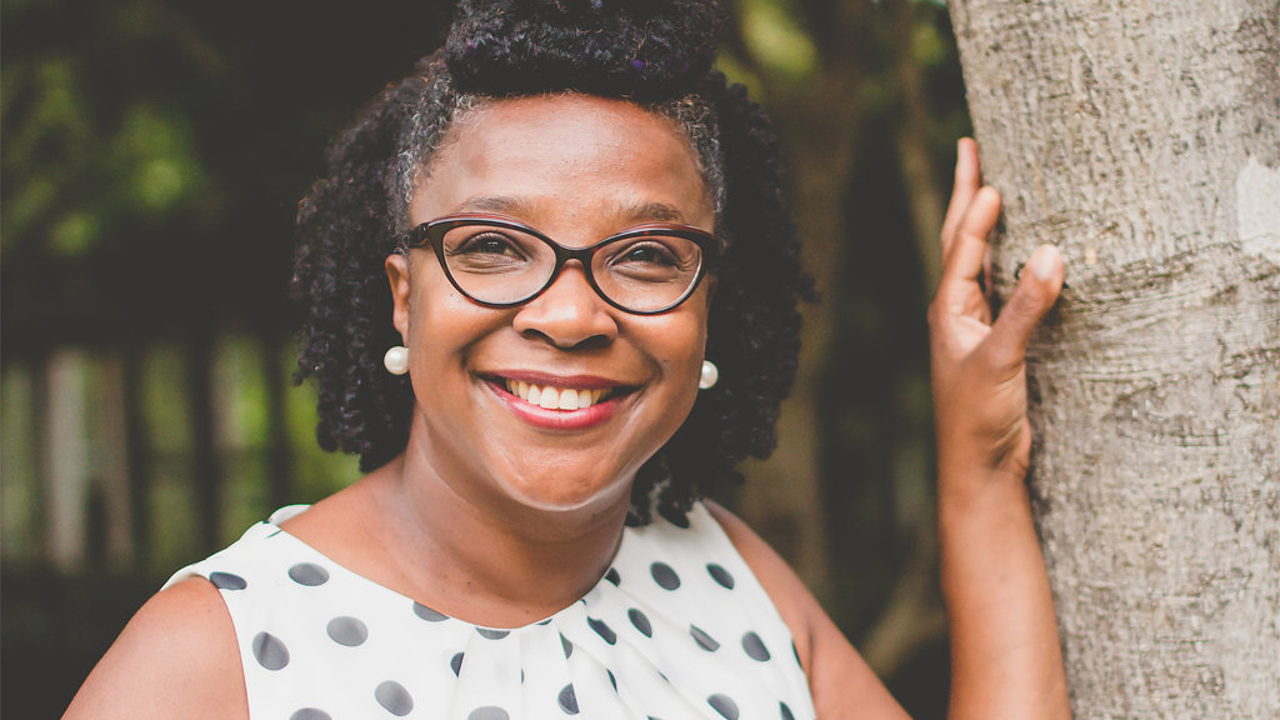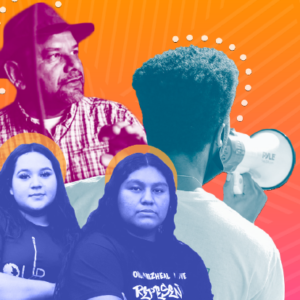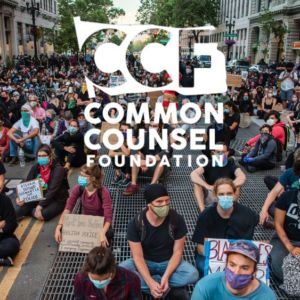Op-Ed: Let’s Liberate Our Hair at Work

National Black Worker Center Executive Director writes for Newsweek about the ties between white supremacy and oppressive hair standards for Black women.
“Locs, cornrows, Senegalese twists and Fulani braids—all are unique hairstyles that are connected to specific ethnic groups across Africa. In traditional African culture, each hairstyle has a different origin story that symbolizes one’s family background, social status, devoutness, tribe, marital status, or even fertility. For some ancient Africans, hair was a sacred part of the body, the styling of which was entrusted to close relatives. People thought that if a strand of hair fell into the hands of one’s enemy, harm could befall the hair’s owner. White slavers knew this, and they took advantage of it.
Throughout the horrors of the slave trade, enslaved Africans were stripped of everything, yet they still managed to keep their highly valued hair braiding customs alive. But while hairstyles were one of the few areas in which African cultural expression persisted, white slave owners exploited this valued tradition. Shaving the heads of enslaved Africans was a common form of punishment—and yet another way to exert power and control over their lives.”
“In 2021, white supremacy still defines superiority through hair—by punishing Black people, particularly women, who choose to wear their hair naturally. Even today, the curly, tightly coiled, kinky textured hair of Black people is often labeled by dominant culture in dress codes and in popular fashion as unacceptable.”
Tanya Wallace-Gobern, executive director, national black worker center
and erica smiley, executive director of jobs with justice




